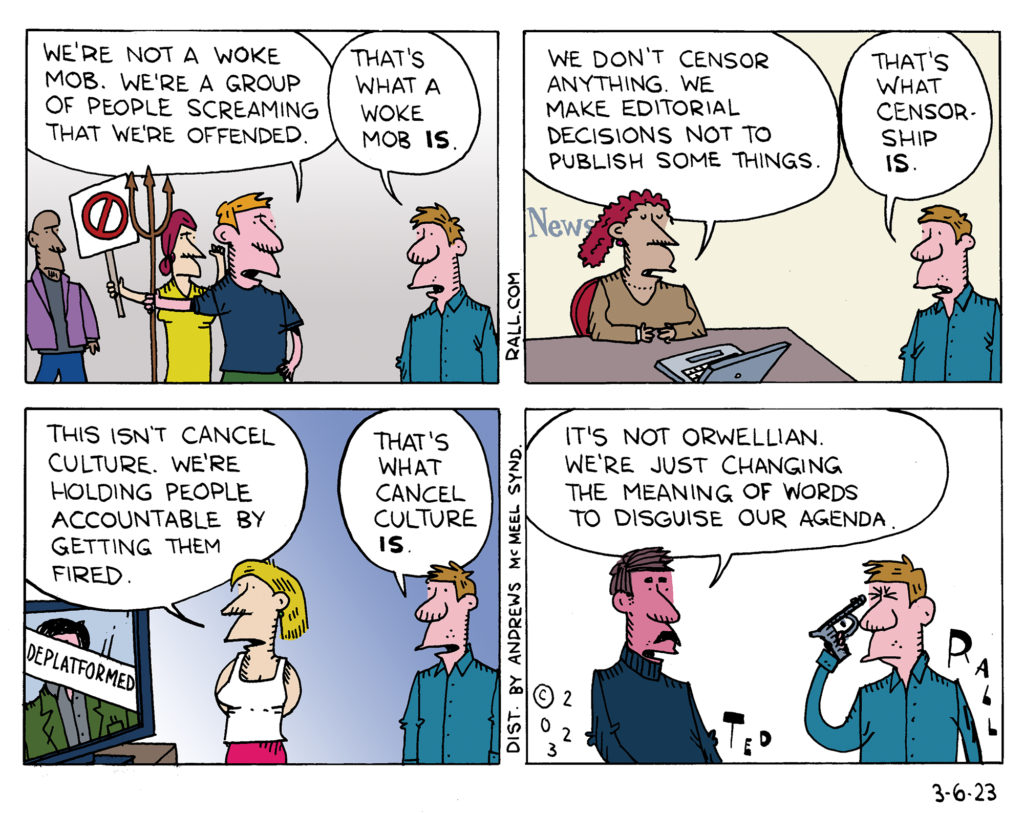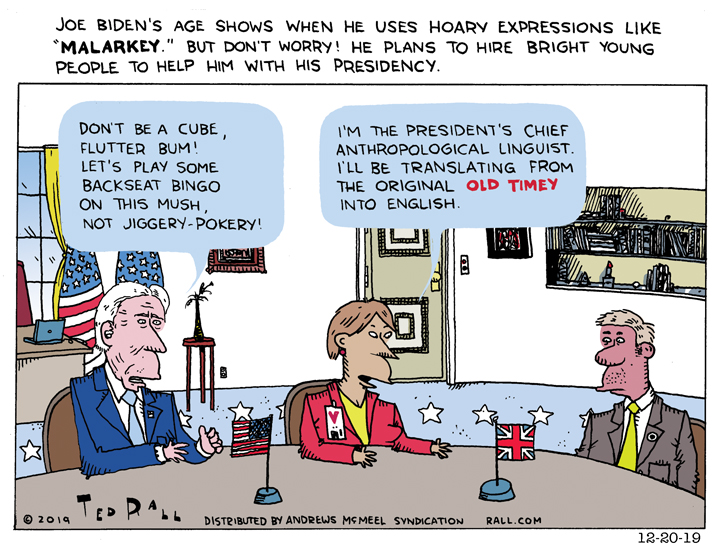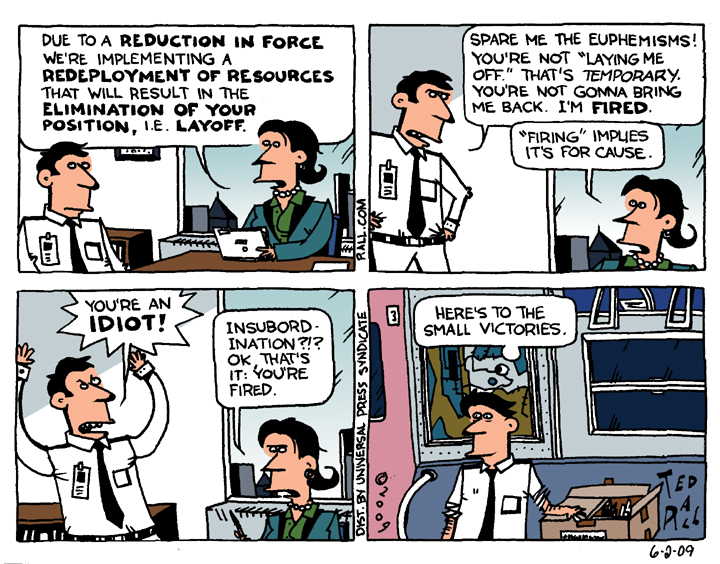Everyone needs access to high-quality health services, but health inequities persist. Societal attitudes among healthcare workers, advocates say, foster stigma and discrimination that discourage patients from seeking help.
Enter the “woke brigade.” In an effort to provide “culturally and linguistically-appropriate proficient health care delivery for our nation’s increasingly diverse population,” doctors, nurses and others are being trained in Cultural Sensitivity classes to use more better words.
Are Cultural Sensitivity programs effective or, as some studies have shown, can they be counterproductive and even create a hostile work environment? Are they actually a distraction from the real causes of unequal access to healthcare: poverty and health-insurance companies that routinely deny claims?
Ted Rall and Manila Chan have exclusively obtained documents from a Cultural Sensitivity program now in widespread use in a US hospital system. Join us as we explore the role of language training in a medical workplace.






